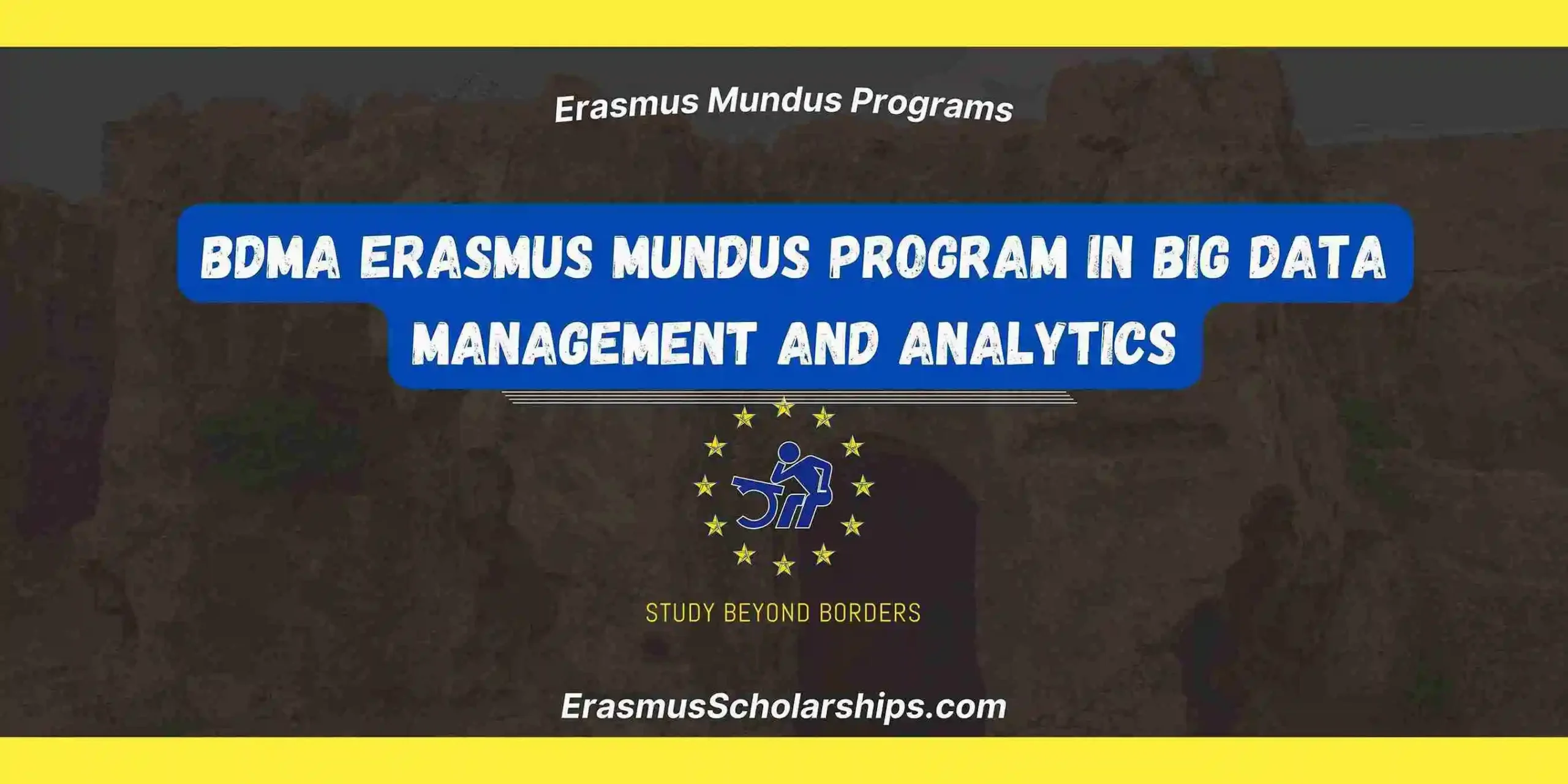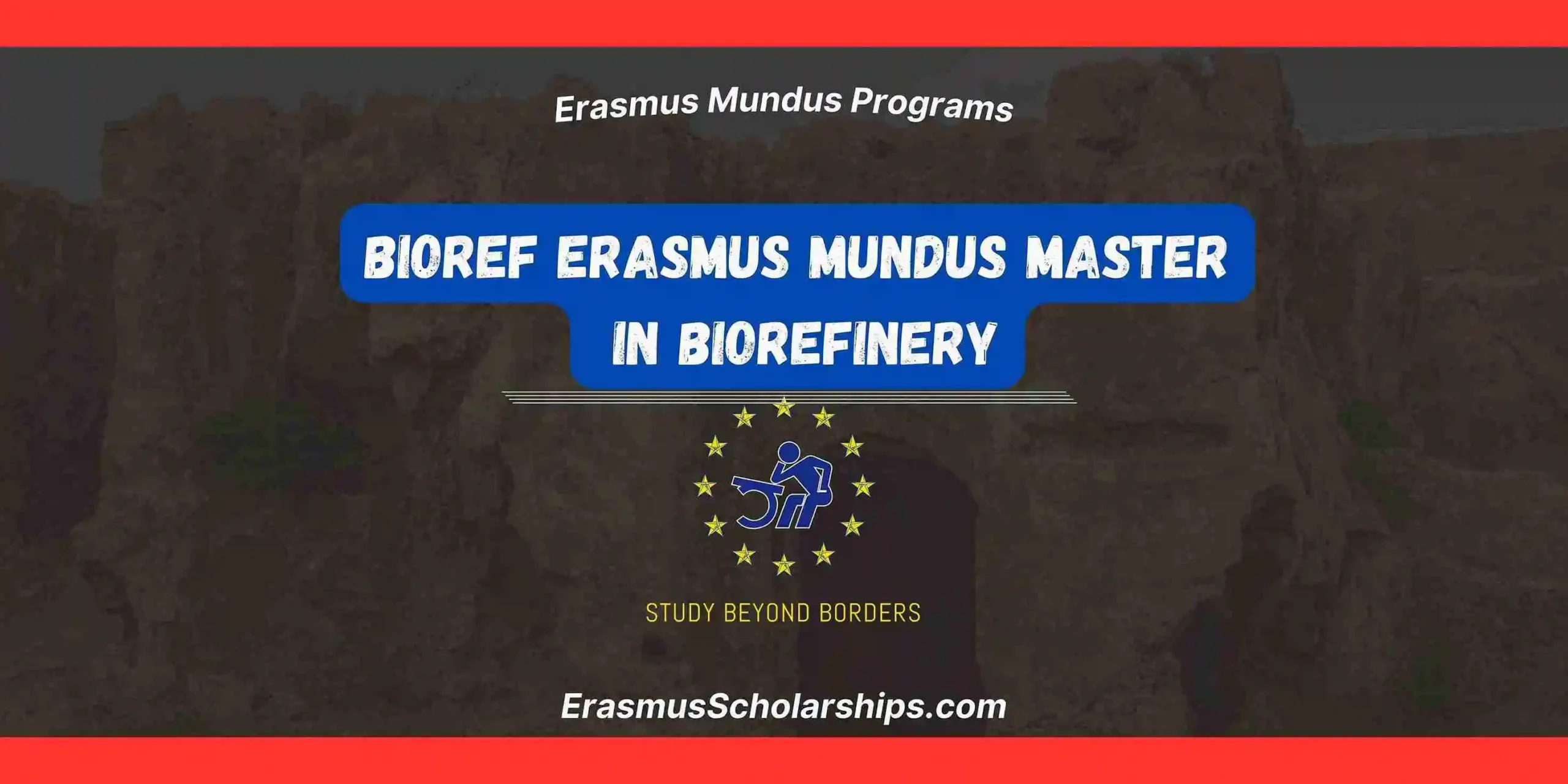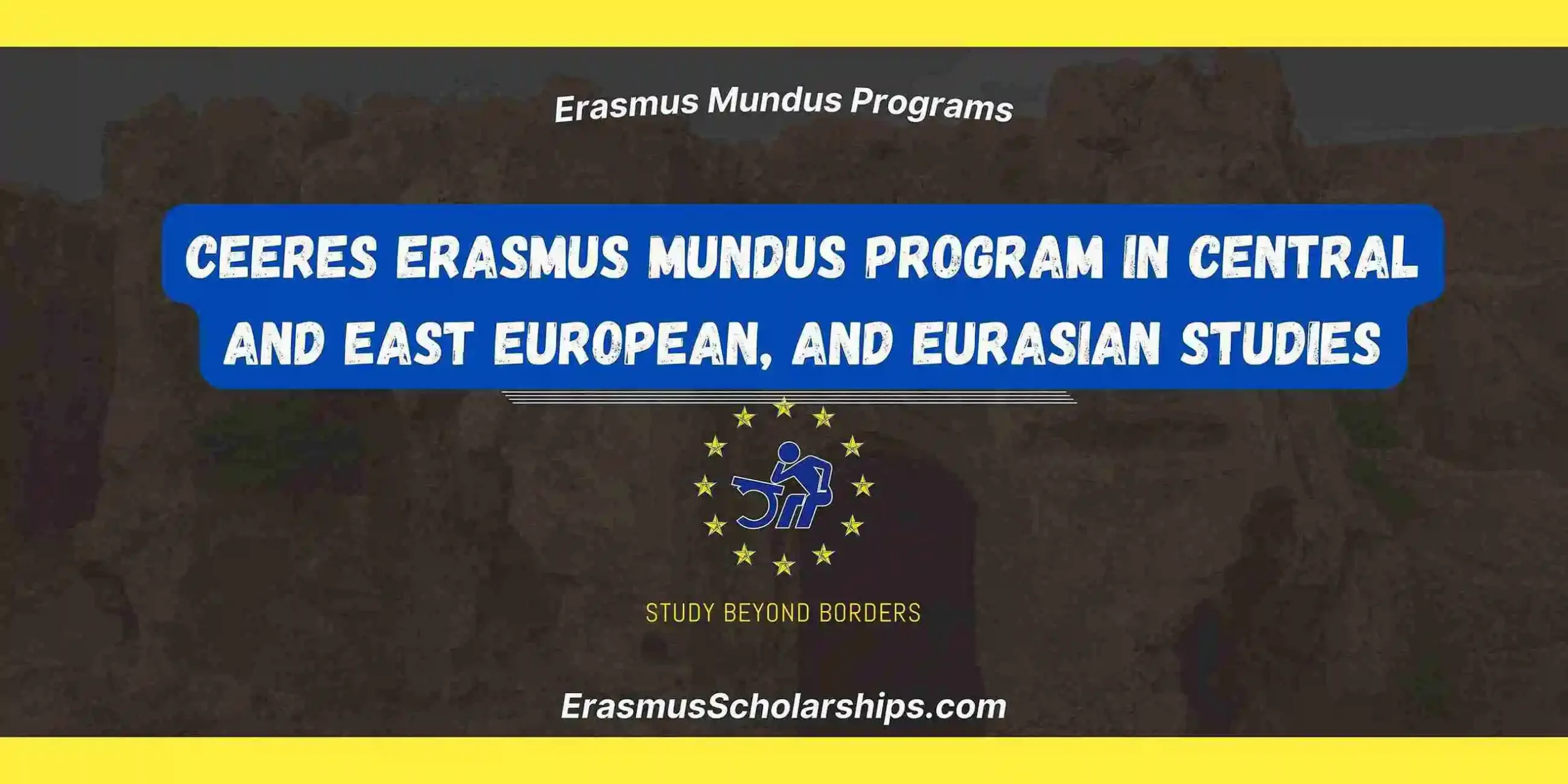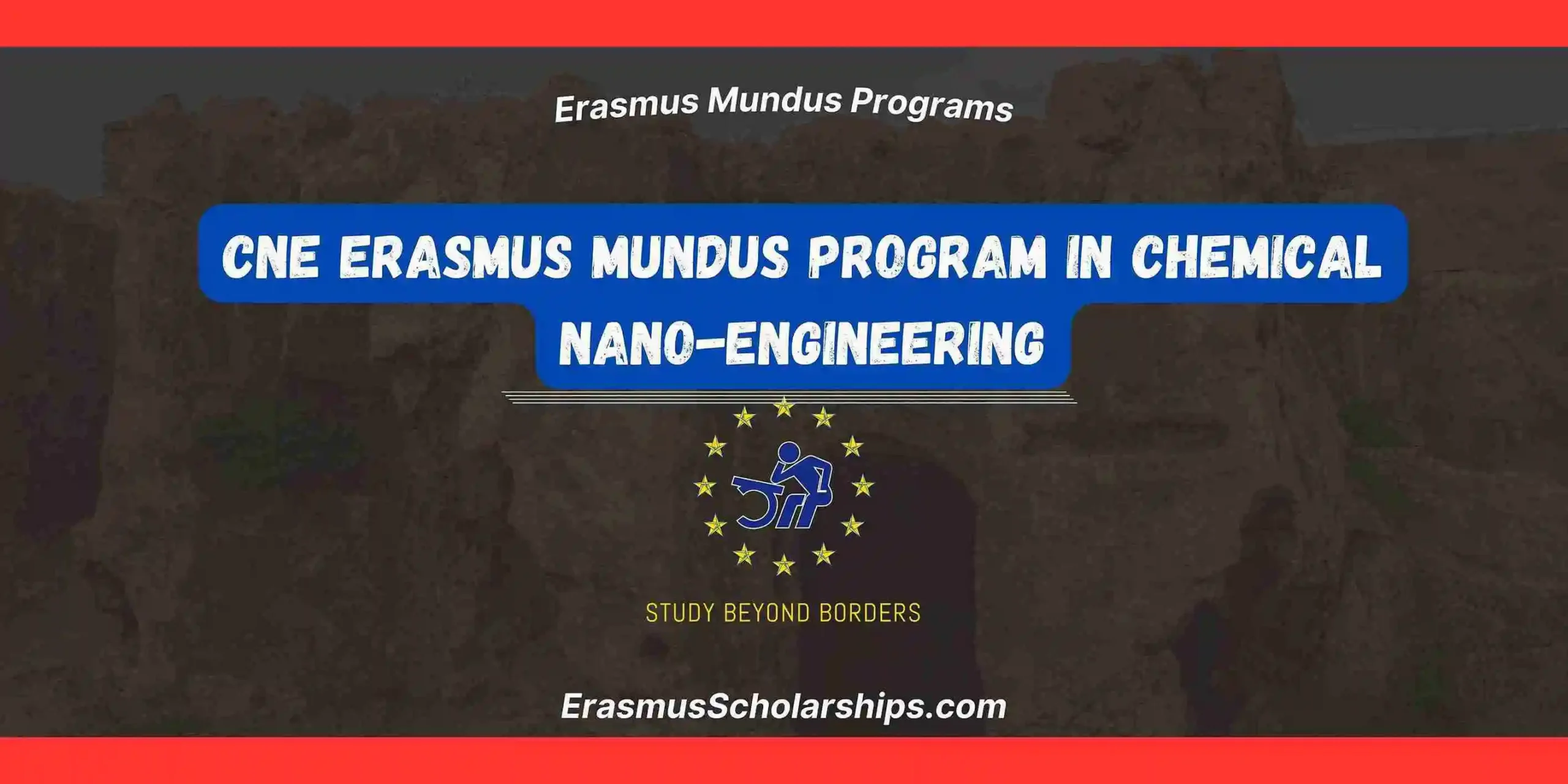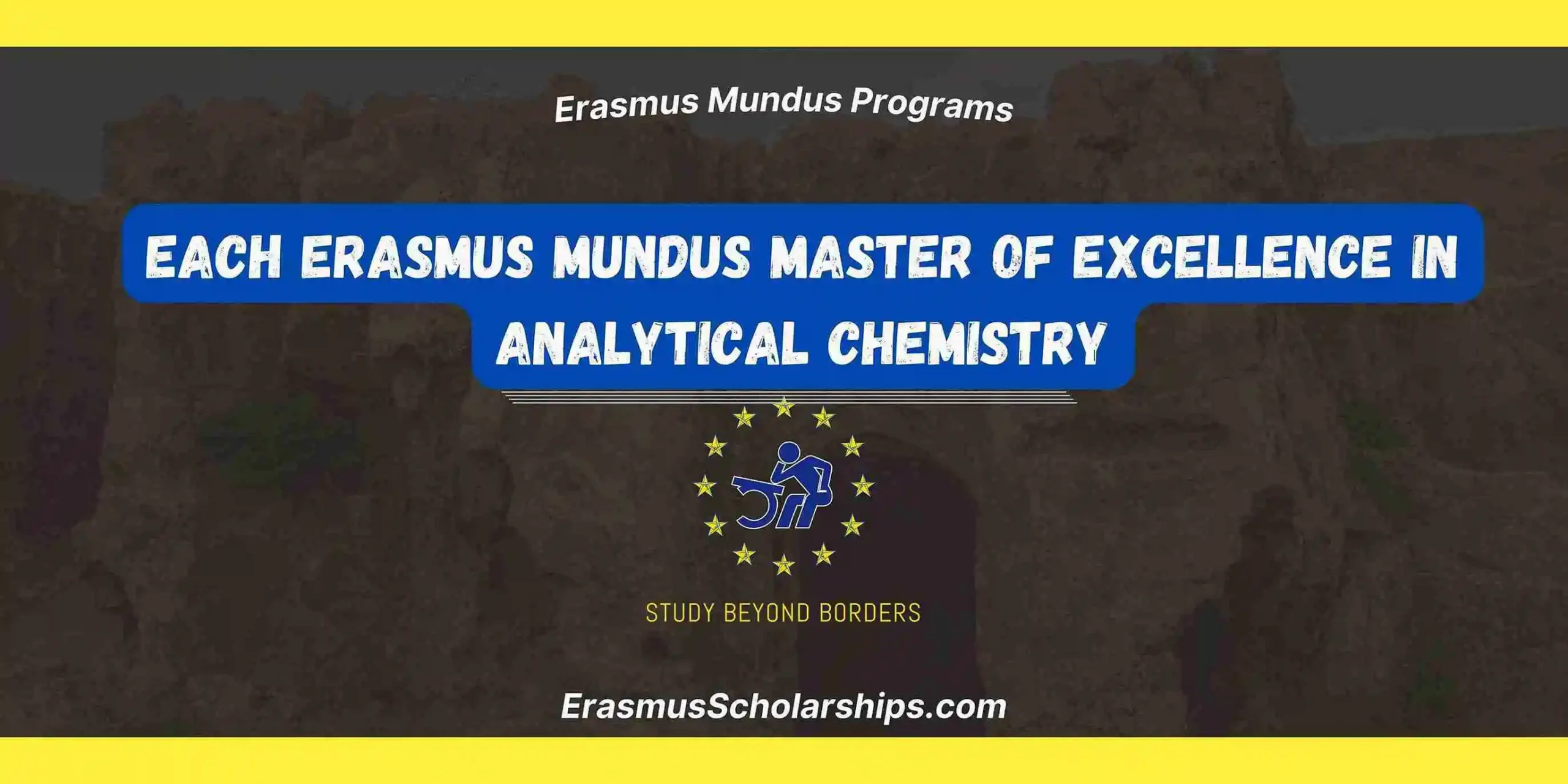The DENSYS 2.0 Erasmus Mundus is an advanced two-year, 120 ECTS joint master’s program focused on decentralised smart energy systems. It aims to train interdisciplinary engineers and future researchers capable of designing, optimizing, and operating decentralized energy systems essential for integrating renewables and driving the transition to a low-carbon society.
Building on its launch in 2020/21, DENSYS was renewed as DENSYS 2.0 in July 2024 with extended funding for five cohorts. It combines core academic training with digital skills, sustainability, entrepreneurship, and humanities perspectives to deliver a rich, holistic learning experience.
Project Status
- Status: Ongoing
- Start date 01-09-2024
- End date 31-10-2030
- Action Type: Erasmus Mundus Joint Master
- Universities Involved
- Countries Involved
The DENSYS 2.0 Erasmus Mundus program offers students the opportunity to study at four top-tier universities across Europe.
| Université de Lorraine |
| Kungliga Tekniska högskolan – Royal Institute of Technology |
| Politecnico di Torino |
| Universitat Politècnica de Catalunya |
| France |
| Italy |
| Spain |
| Sweden |
This cross-border collaboration allows students to gain an international perspective while studying and researching in the heart of Europe’s academic and industrial hubs.
Description of the DENSYS 2.0 Program
DENSYS 2.0 Erasmus Mundus is designed to deliver a T-shaped educational model, deep technical expertise in multiphysics engineering (electrical, mechanical, chemical) and broad understanding of societal, economic, and environmental aspects. Anchored in SDGs 7, 9, and 13, it blends engineering coursework, humanities, challenge- and case-based modules, plus immersive weeks and summer schools .
Key Features of the DENSYS 2.0 Program
- Interdisciplinary core in decentralized energy systems, renewables, storage, and AI-supported management
- Mobility: first year at Université de Lorraine, Nancy, then specialization semester at KTH, PoliTo, or UPC
- Specialization in three tracks:
- Decentralized Energy Systems (KTH)
- Energy‑to‑X Storage (PoliTo)
- Thermal Energy Engineering (UPC)
- Challenge- and case-based modules for hands-on teamwork and problem-solving
- Immersive week & summer schools at Liège and ESADE, etc.
- Thesis/internship semester in industry or research, leading to dual degrees
Mobility Tracks of the DENSYS 2.0 Program
- Semester 1 & 2: Université de Lorraine (France)
- Semester 3 specialisation (30 ECTS):
- KTH Stockholm – Global decentralized systems
- PoliTo Turin – Energy‑to‑X storage
- UPC Barcelona – Thermal Energy Engineering
- Semester 4: internship/master’s thesis (France or partner country)
Admission Requirements
- Bachelor’s degree in science or engineering (mechanical, chemical, electrical, energy, etc.) with relevant coursework (thermodynamics, fluid mechanics, numerical methods)
- CGPA typically ≥ 3.0/4.0
- No previous EMJM scholarship if applying for one; previous scholars only self-funded
- Competitive admissions, open globally
How to Apply for DENSYS 2.0 Erasmus Mundus
- Visit official site to consult Fees & Scholarships, Admission Requirements and Application Platform
- Apply online during campaign (Oct → Jan); next round starts October 2025 for 2026–28
- Submit documents: transcripts, CV, references, proof of English proficiency, statement of purpose
- Indicate preferred specialization track
- Optionally apply for EMJM scholarship or Reduction of Participation Costs
Tips to Win the DENSYS 2.0 Erasmus Mundus Program
- Demonstrate strong academic record and motivation for decentralized energy
- Highlight interdisciplinary interests (engineering + social/environmental topics)
- Emphasize teamwork, leadership, mobility openness
- Target track-specific interests (e.g. thermal systems for UPC)
- Ensure your Bachelor includes required technical courses
- Start early to craft thoughtful essays, secure referees, and prepare English proof
Application Timeline
| Event | Date |
|---|---|
| Opening of 2026‑28 Round | in October |
| Deadline | Around Jan |
| Selection | Spring |
| Program Start | Early September |
Curriculum Structure of the DENSYS 2.0 Program
- 1st & 2nd semester at UL: core courses in energy conversion, storage, system optimization + case- and challenge-based modules (3 + 6 ECTS)
- Immersive week at University of Liège (AI and digitalization)
- Summer schools at ESADE, UL Nancy (hydrogen), PoliTo, KTH
- 3rd semester specialization courses + electives
- 4th semester internship/thesis (30 ECTS)
- Dual master’s awarded with joint diploma supplement
Details of the course curriculum can be found here:
Coordinator Contact
- Université de Lorraine, Nancy, France
- Coordinating Officer: Samira Menouar
- Email: samira.menouar@vandoeuvre.fr
Alumni Feedback
“Applying to the DENSYS program is one of the best decisions in my life…Apply to DENSYS, join our amazing community and let your dream come true.” ~Jana Dundure (Latvia), DENSYS 2021 cohort
Frequently Asked Questions (FAQs)
What does the DENSYS 2.0 Erasmus Mundus scholarship covers?
EMJM scholarships fully cover participation costs + €1,400/month allowance for 2 years. Partial reductions and self-funded options also available
What mobility tracks are included in the DENSYS 2.0 Erasmus Mundus Program?
Track 1: KTH (dec. systems); Track 2: PoliTo (Energy‑to‑X); Track 3: UPC (thermal engineering)
What academic background is needed for DENSYS 2.0 Erasmus Mundus Program?
Bachelor in science/engineering with courses in thermodynamics, fluid mechanics, heat transfer, numerical methods, and ≥ 3.0/4.0 GPA
When will applications open for the next DENSYS 2.0 Erasmus Mundus Program cohort?
Applications open in October every year. Keep an eye out via KTH and official DENSYS site.



